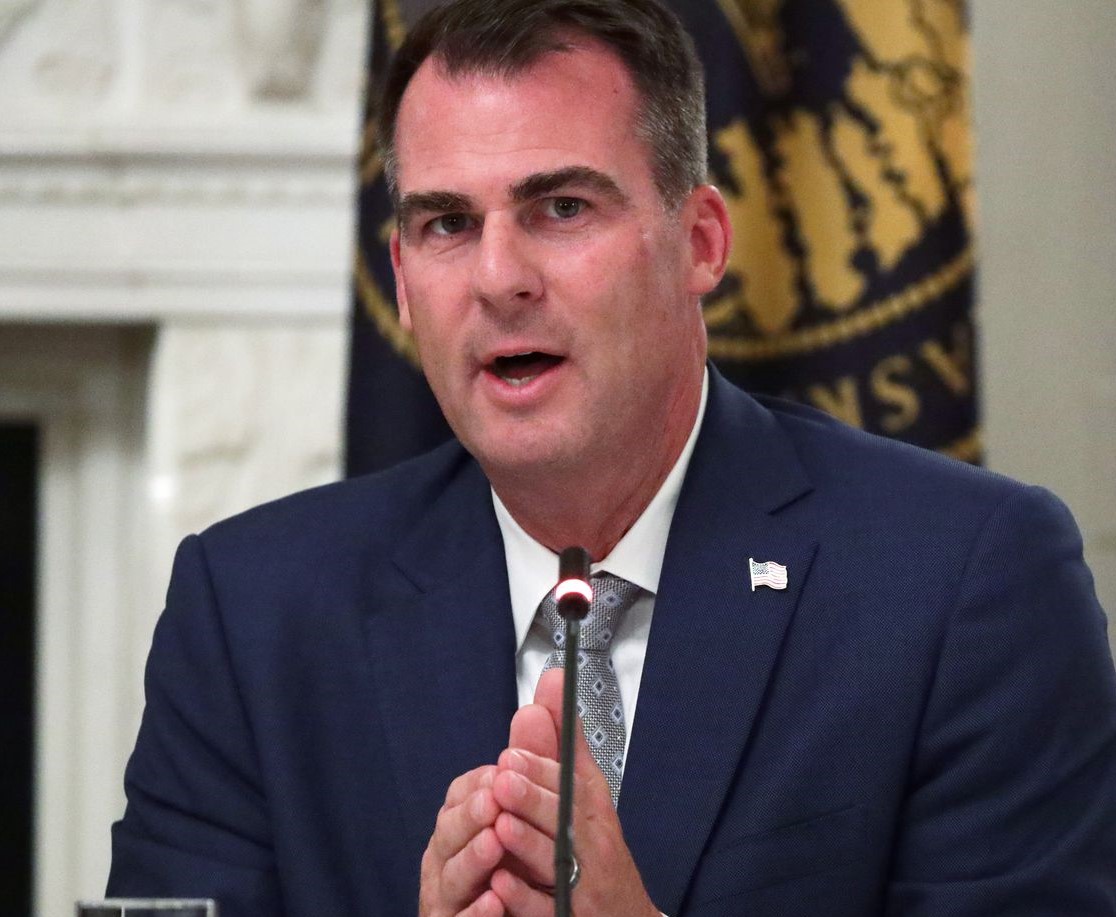April 26, 2021
-Washington Examiner
Gov. Kevin Stitt signed three bills imposing new restrictions on abortion in Oklahoma, including his state’s own version of a “fetal heartbeat” bill.
Stitt, a Republican, put his signature on HB 2441, HB 1102, and HB 1904 on Monday, all of which the GOP-controlled Legislature sent to his desk on Wednesday.
HB 2441 prohibits the performance of an abortion without first determining whether there is a detectable fetal heartbeat. In the event that a heartbeat is detected, an abortion would be prohibited unless the health or life of the mother were at risk.
Stitt signed HB 1102, which makes it illegal to perform an abortion unless the procedure is performed to prevent the death or significant physical impairment of the mother. Violation could cause one’s medical license to be suspended.
The third abortion bill was HB 1904, requiring that those performing abortions in Oklahoma be board-certified in obstetrics and gynecology.
“I’m keeping my promise to sign all pro-life legislation,” Stitt wrote in a Monday tweet. “We now have three more laws protecting the lives of the unborn! HB 2441, HB 1904, and HB 1102.”
THREAD (1/4): My team is hard at work again, reviewing bills and signing them into law.
As of today, Oklahoma is officially a 2nd Amendment Sanctuary State! (SB 631) pic.twitter.com/SGP4uoLLTT
— Governor Kevin Stitt (@GovStitt) April 26, 2021
“Oklahoma’s politicians have forgotten that, when they pass targeted and unconstitutional laws in the Capitol, their decisions impact real lives,” Brandon Hill, president and CEO of Planned Parenthood Great Plains Votes, said in a Wednesday statement following the bills’ final passage through the Legislature. “The number of Americans who support the right to safe and legal abortion is at a record high. We will not back down from attacks on the reproductive freedom of Oklahomans, because when abortion is not an option, Oklahomans will suffer.”
Multiple Republican-controlled states have passed similar abortion restrictions during their 2021 sessions.
South Carolina passed its own fetal heartbeat bill, providing that “no person shall perform, induce, or attempt to perform or induce an abortion” when the “fetal heartbeat has been detected.” Gov. Henry McMaster signed it into law on Feb. 18, though a federal judge put a temporary restraining order on its enforcement the next day and the state is still fighting in favor of the law in court.




